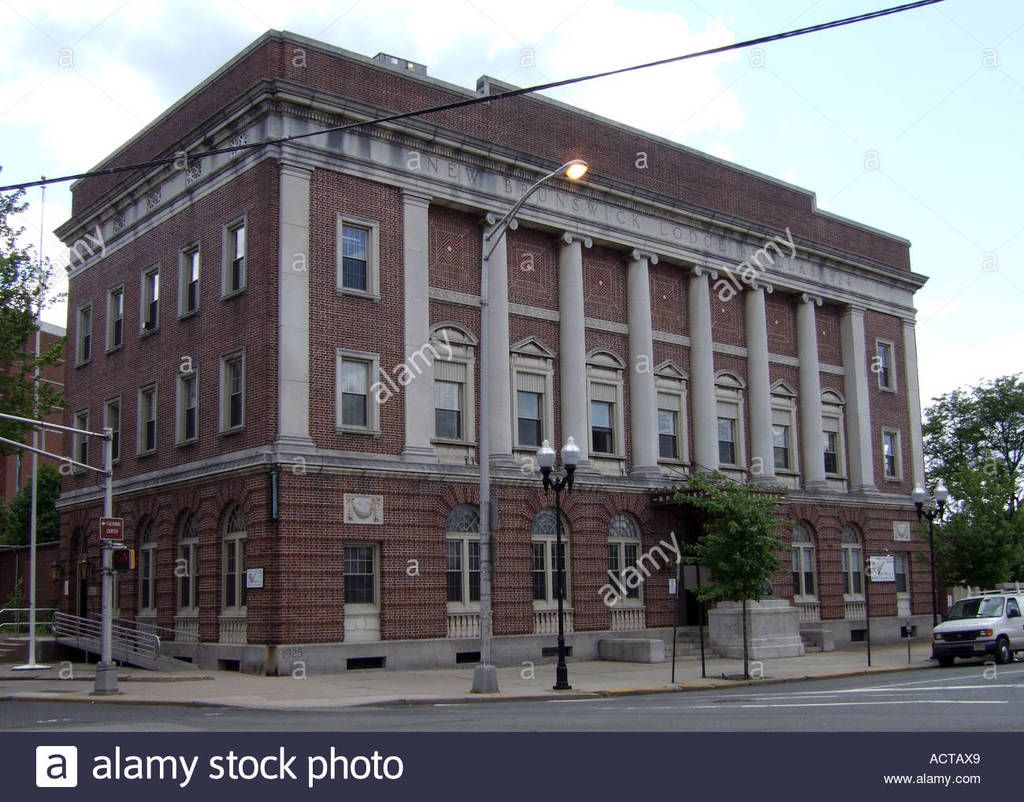LizzieMaine
Bartender
- Messages
- 34,183
- Location
- Where The Tourists Meet The Sea
Secret societies are always, uh, curious.
Regarding the painting, I wouldn't use the word "off" but there is to me a disturbing tension in the painting....
"And so, you see, at an annual yield of four and a half percent...
"Dad, you aren't evening listening to me. I told you once and I'll tell you again, I don't want any part of your empty bourgeois life! I'm dropping out of school and going to live on a communal soybean farm in Manitoba with my girlfriend Rainbow and her sisters Dewdrop and Sunbeam!"
"...We can expect a return of.....Wait, she has sisters???"



